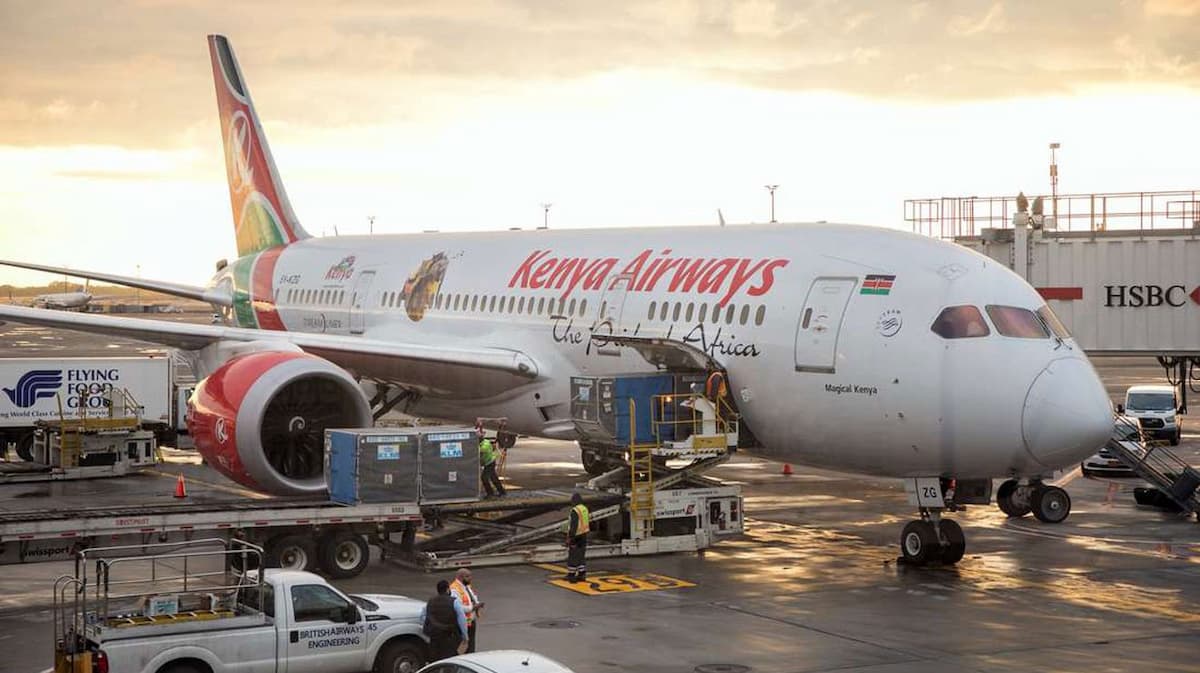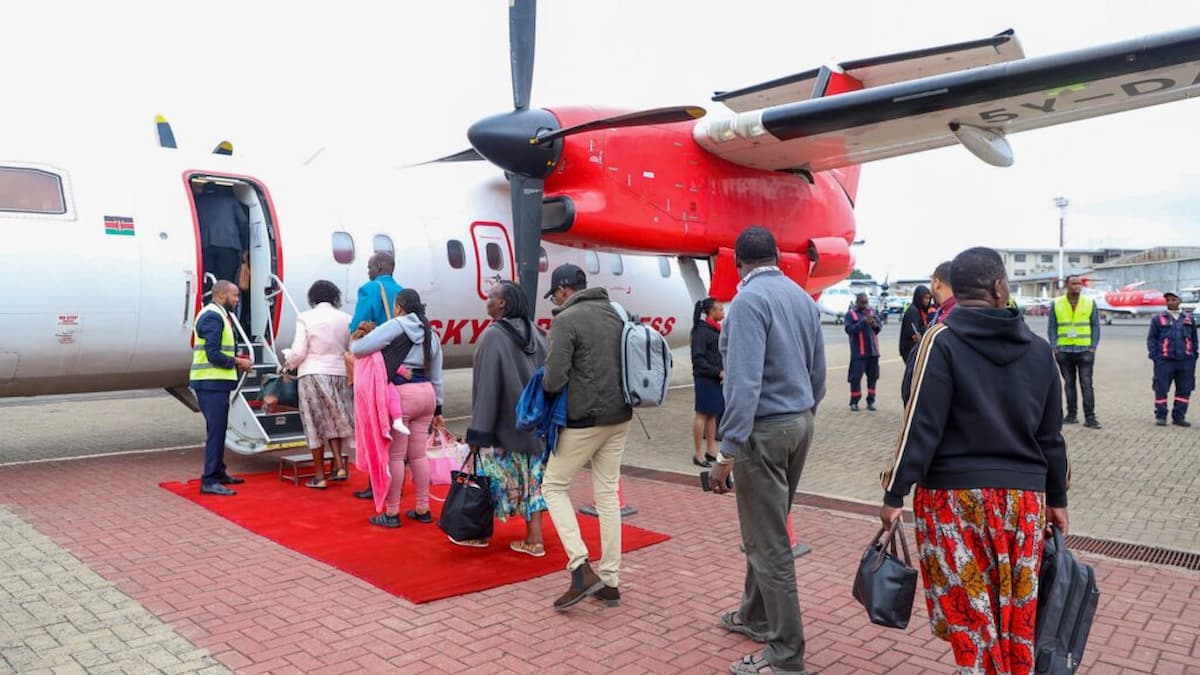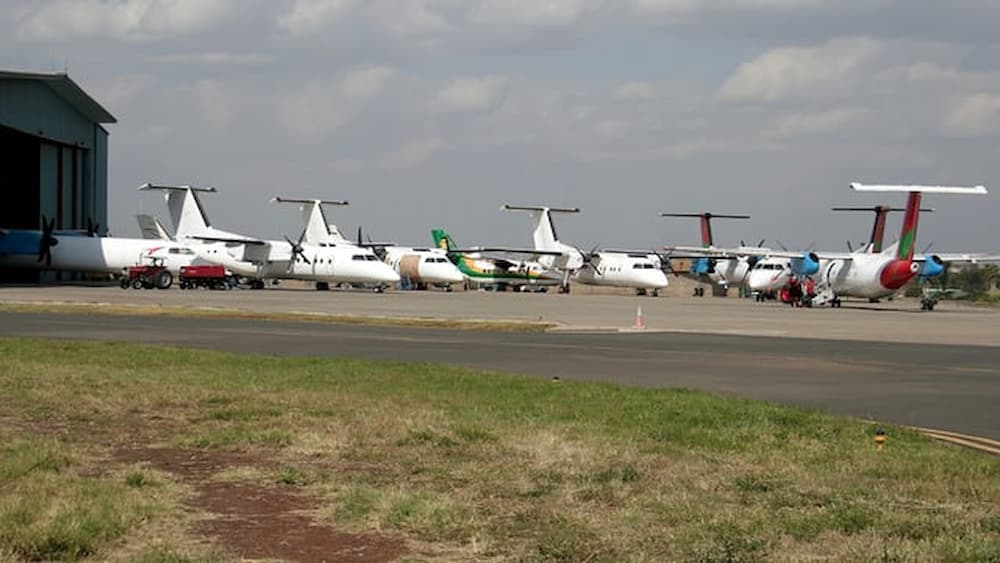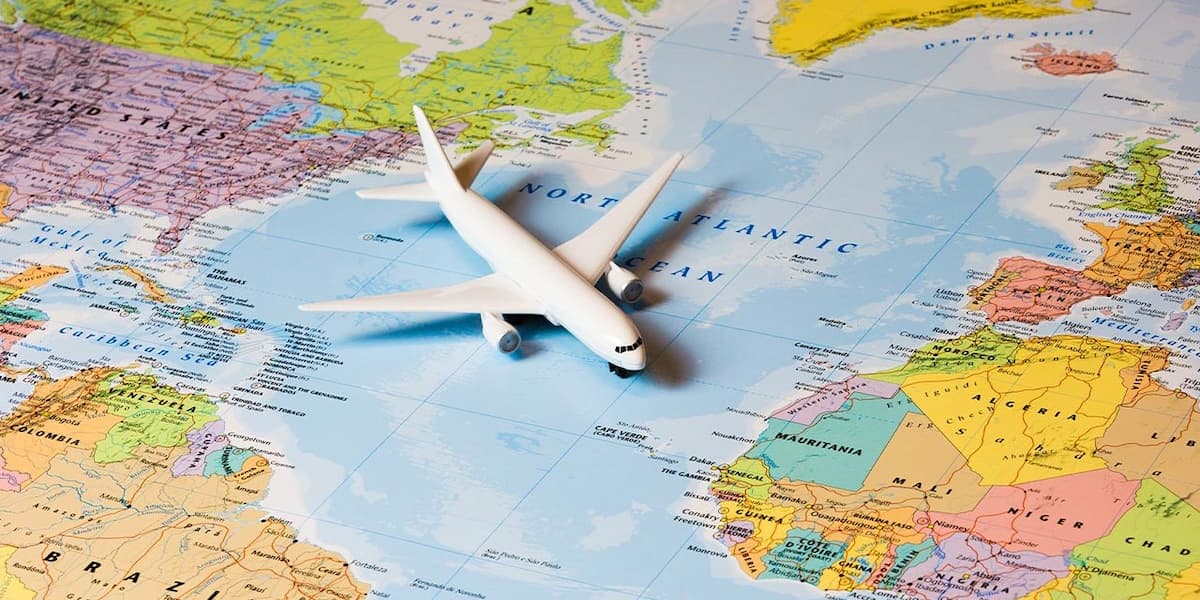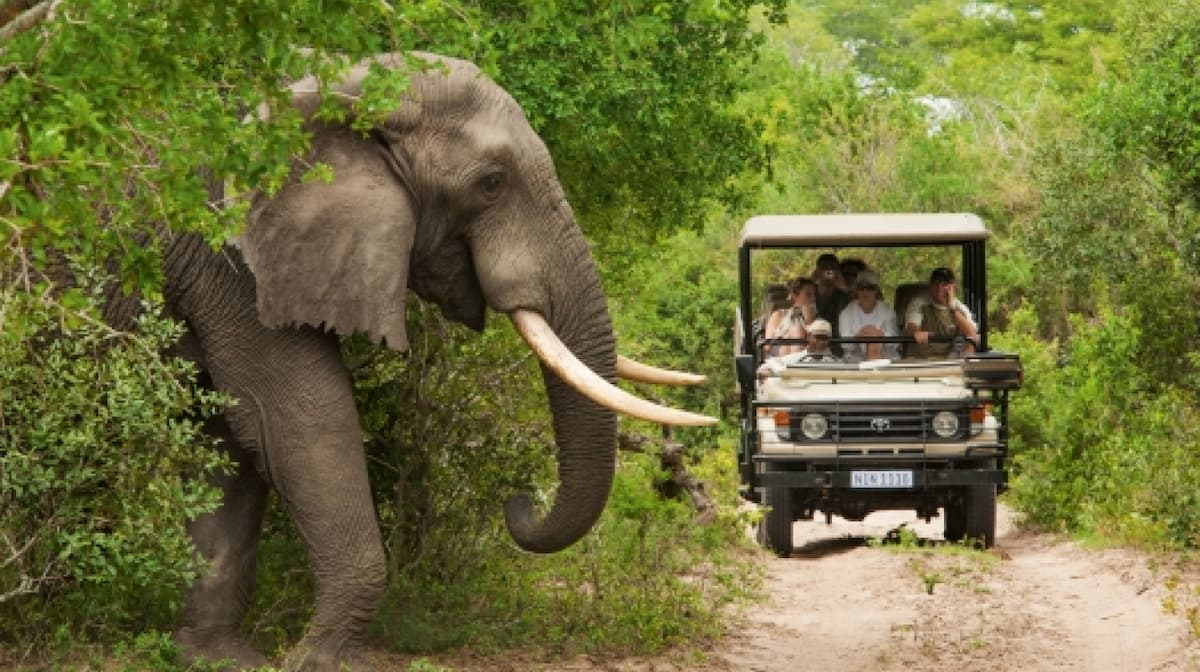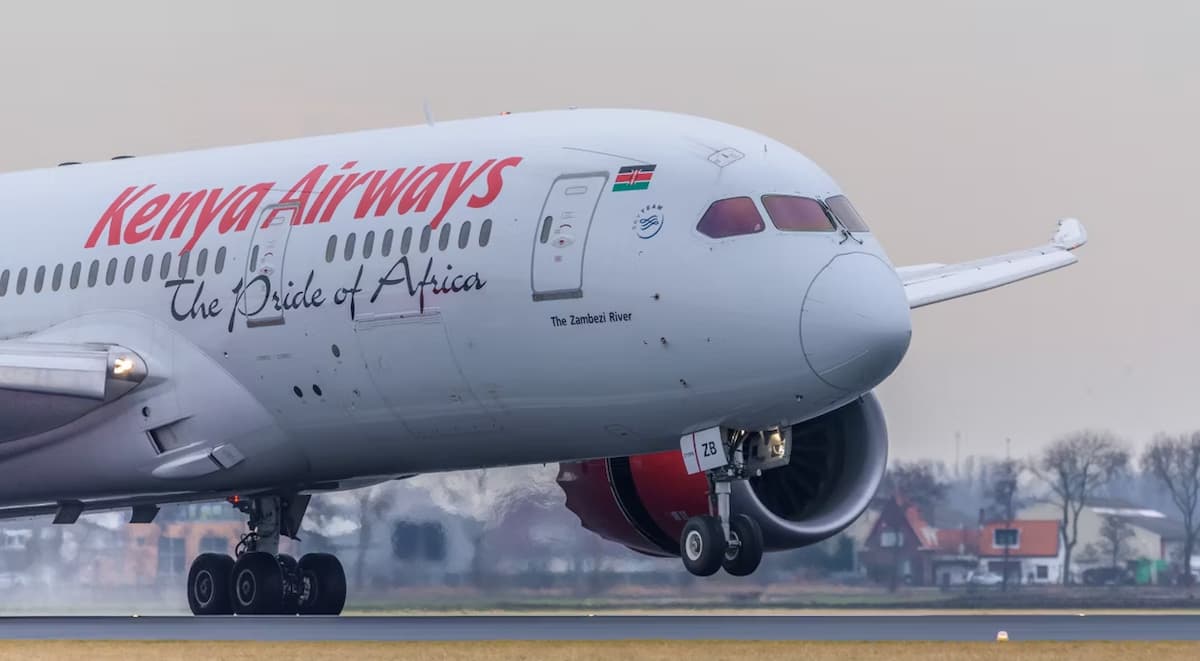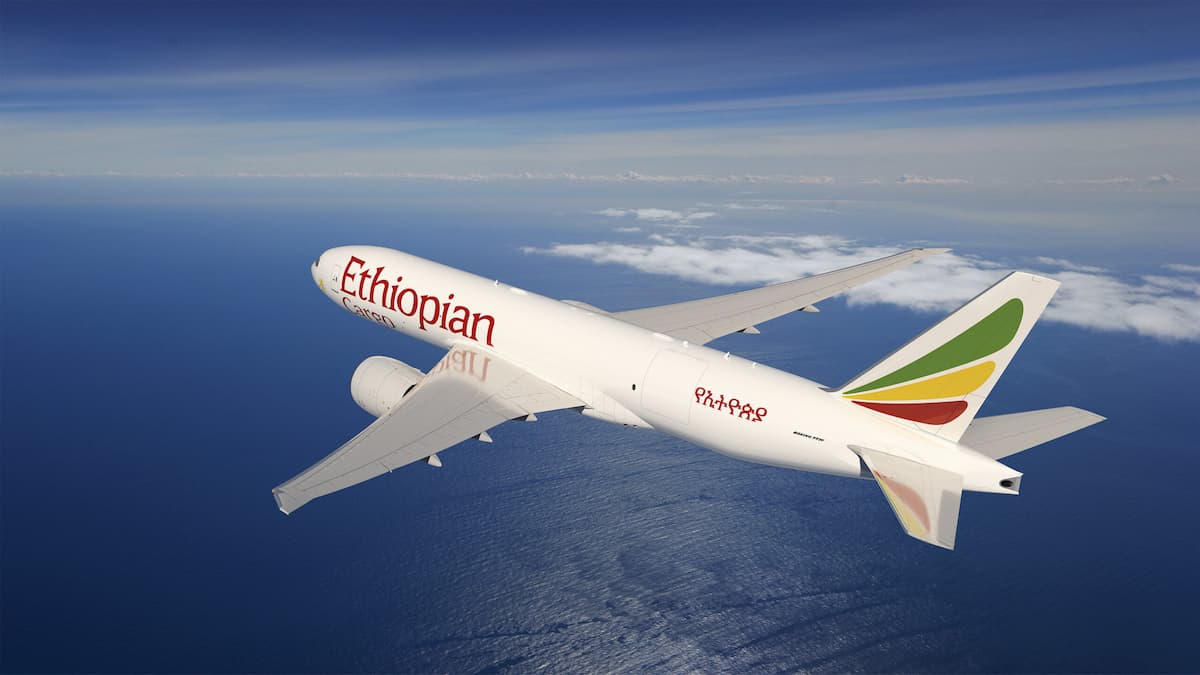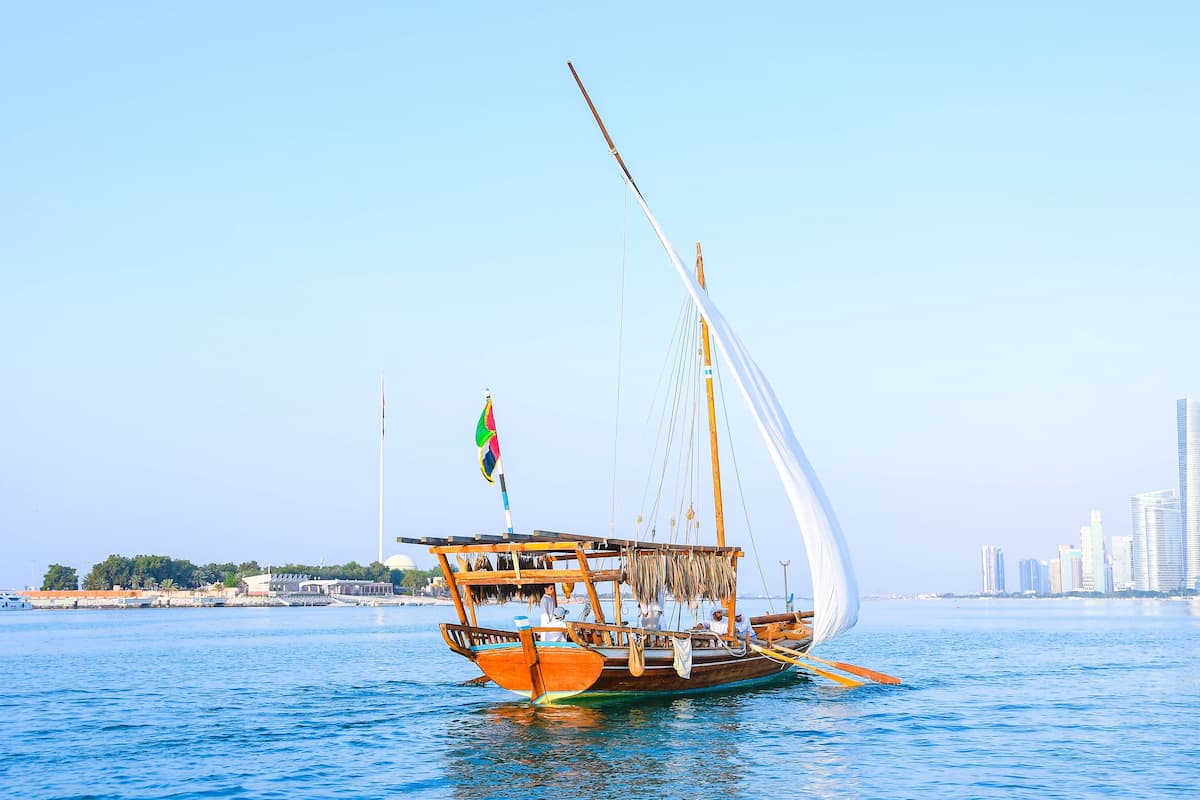The end of a civil war in Ethiopia, Tanzania’s president featuring in a historical tourism documentary and rising infrastructure and marketing investments in Morocco have bolstered the three countries’ tourism rankings on the continent, according to a new report.
The three countries were ranked as Africa’s top tourism performers in 2023 after exceeding their pre-pandemic arrival numbers by the highest margins.
“Africa recovered 92% of pre-crisis arrivals (in) this seven-month period, with Ethiopia, Tanzania and Morocco by far exceeding their respective pre-pandemic levels in January-July 2023,” according to the United Nations World Tourism Organization (UNWTO) Barometer.
The Barometer ranked Ethiopia as the top African Tourism performer, having exceeded its pre-pandemic visitor numbers by 28% a year after ending its civil war in the Tigray region, following a peace deal.
In June Ethiopia’s Tourism ministry announced that more than 770,000 tourists visited Ethiopia nine months after a peace agreement was signed in Pretoria to end the two-year war in the northern part of the country.
“The number of international and national tourist inflows has been increasing every quarter in this year on completion of major tourism attraction projects and work to promote Ethiopian tourism destinations worldwide,” said Ethiopia’s Minister of Tourism, Ambassador Nasise Chali.
The Ethiopian National Museum has been listed by the ministry as among the places that have experienced a high tourist flow which was also bolstered by domestic tourists. More than 8.9 million citizens have visited tourist attractions in the quarter of the year, according to the ministry.
In yet another indicator of Ethiopia’s rise to the top of the African tourism league, Ethiopian Airlines made a triumphant return to the top of the African aviation scene in October.
The largest airline in Africa reclaimed the prestigious title of ‘Africa’s Leading Airline’ at the 2023 World Travel Awards for Africa and the Indian Ocean regions at an event held in Dubai.
Ethiopian Airlines held the title for three consecutive years from 2018 before losing it to Kenya Airways in 2021.
Tanzania came second in the rankings after surpassing pre-pandemic arrival numbers by 19% on the back of increased tourism investments, including a government-produced documentary – ‘The Royal Tour’ – featuring President Samia Suluhu.
Tanzania’s National Bureau of Statistics affirmed the rise in arrival numbers with data for the period between January and August showing international visitor numbers increased by 25.7% to 1,131,286 compared to a similar period in 2022.
During the eight-month period, the majority of arrivals came from the United States of America with 84,541 visitors, followed by France (72,009), Germany (57,798), United Kingdom (51,505) and Italy (51,056).
The majority of African arrivals came from Kenya with 128,753, followed by Burundi (69,505), Zambia (38,394), Rwanda (37,269) and Uganda (28,594).
Tanzania’s role in tourism growth was recognized this October by UNWTO when the country was made a member of the organization’s council responsible for developing global tourism strategies and plans, as well as the UNWTO’s vice-chair.
Morocco was ranked third best performer, exceeding its pre-pandemic arrival numbers by 15% over the review period.
According to the tourism observatory, Morocco’s tourism sector saw a 92% increase in tourist arrivals during the first half of 2023, surpassing figures from the previous year.
Approximately 6.5 million tourists visited the country, with France and Spain leading the way with 75% and 180% increases respectively. The UK, Italy, and the US also contributed significantly to the surge.
In early March, the Moroccan Government announced plans to spend US$580 million until 2026 on marketing, developing new tourist attractions, upgrading existing hotels, building new ones, and training more people to work in the tourism sector.
The country aims to attract 17.5 million tourists by 2026, which is an increase from 11 million last year and more than 13 million visitors the country had before the pandemic.
The higher performance of these three countries made Africa among the world’s fastest recovering tourism markets, with UNWTO Barometer data recording its recovery to pre-crisis visitor levels as higher than the Americas (87%), or Asia and the Pacific (61%).
The Middle East led the recovery by region, with levels currently 20% above pre-pandemic levels, followed by Europe, which reached 94% of pre-pandemic levels.
“International tourism is well on track to fully recover pre-pandemic levels in 2024 despite economic challenges and uncertainty derived from certain geopolitical tensions and conflicts,” according to the UNWTO tourism Barometer.
According to the UNWTO Tourism Recovery Tracker, international air capacity and passenger demand have recovered to about 84% of pre-pandemic levels as of June 2023.
Additionally, hotel bookings have doubled in the period of January to August 2023 compared to the same period last year. In August 2023, global occupancy rates in accommodation establishments reached 70%, slightly higher than the 66% rate in August 2022.
Source: Independent

